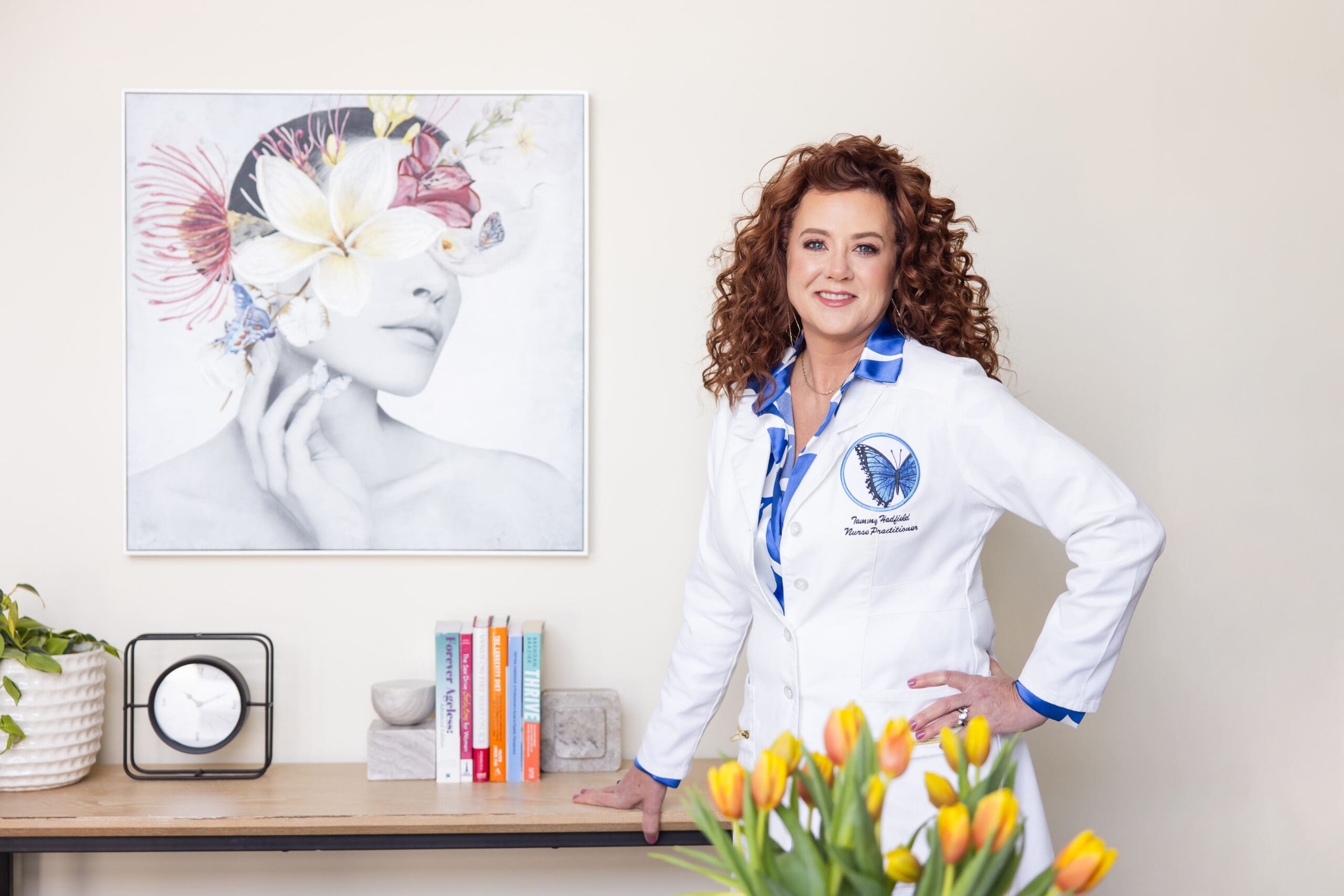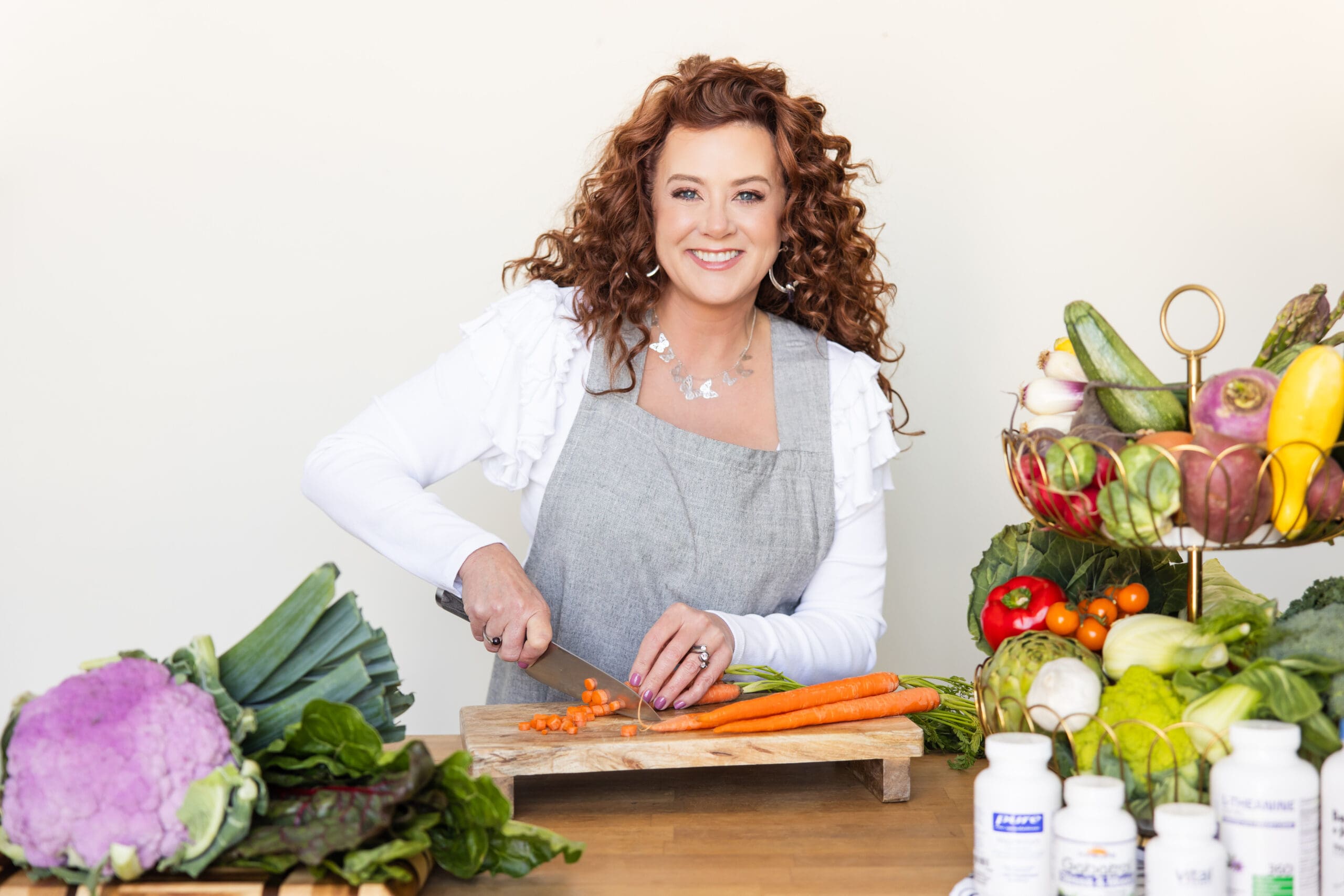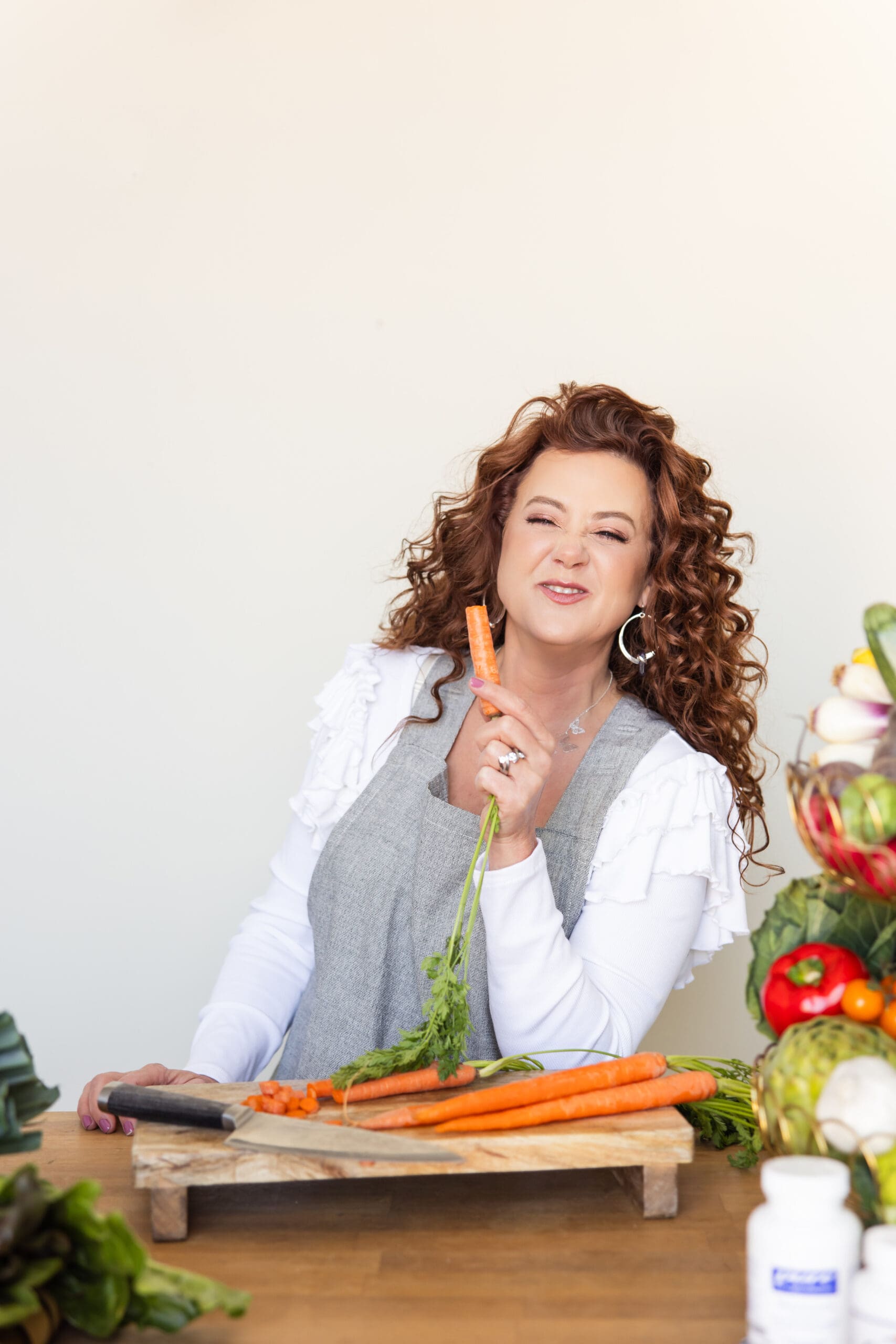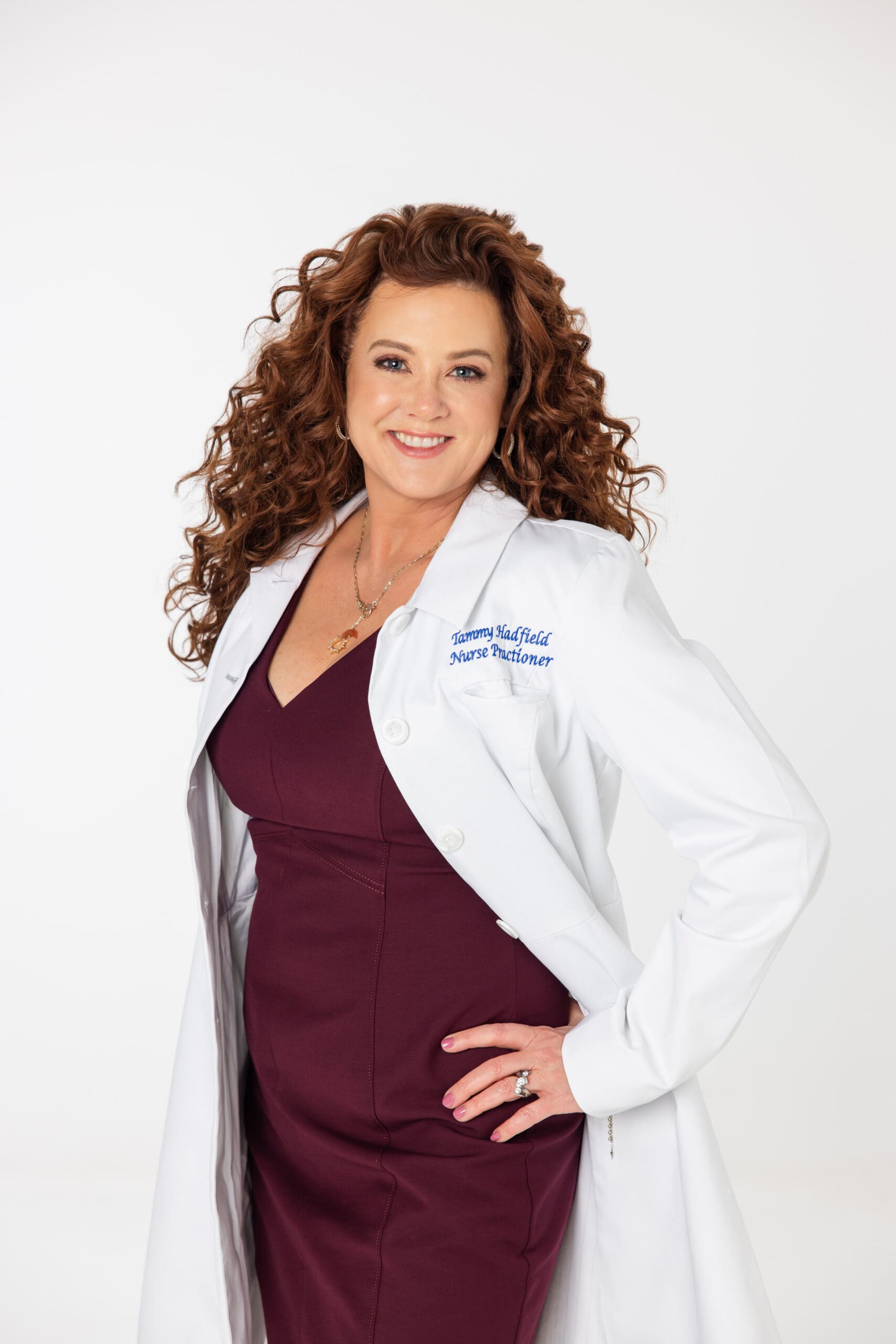As we age, our bodies go through significant changes—especially when it comes to hormone balance. From menopause to andropause, shifting hormone levels can impact everything from energy and mood to bone density, muscle mass, and mental clarity. While a balanced diet and healthy lifestyle are foundational, targeted supplements can offer crucial support. In this post, we’ll explore the best supplements for aging and hormone health, including food sources, dosage recommendations, and their scientifically supported benefits.
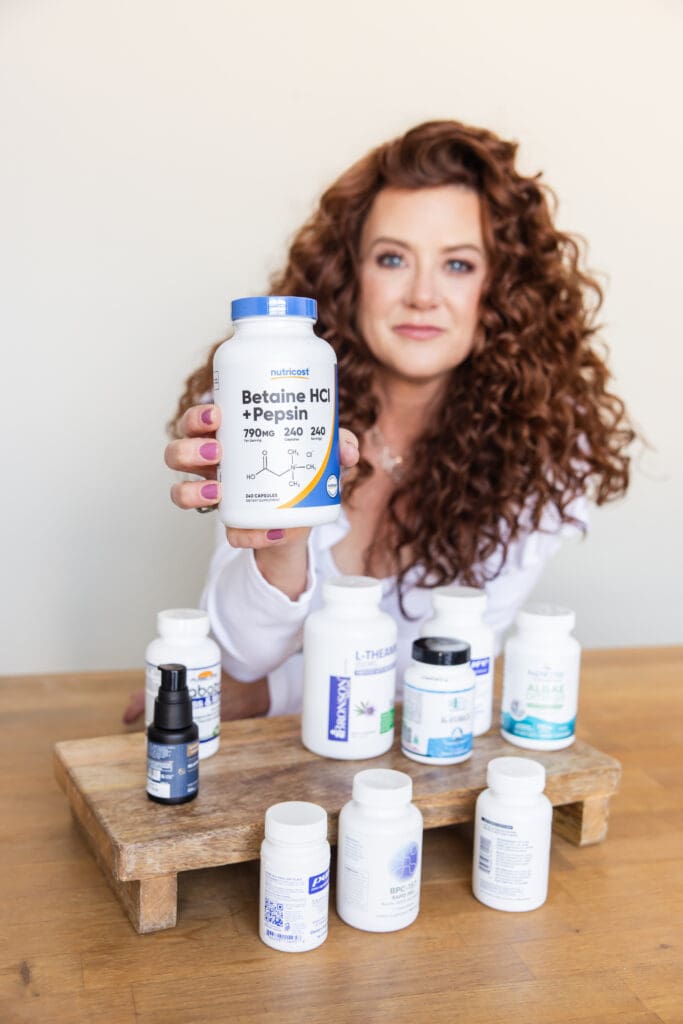
1. Vitamin D3 with K2: The Bone and Hormone Duo
Why it matters: Vitamin D3 supports immune health, bone strength, and mood regulation. When combined with vitamin K2, it helps direct calcium into the bones and away from arteries, reducing the risk of calcification. Taking vitamin D along with a healthy fat will also increase its absorption.
Dosage recommendation:
- Vitamin D3: 2,000–5,000 IU daily
- Vitamin K2 (as MK-7): 100–200 mcg daily
Food sources:
- D3: Fatty fish (salmon, sardines), fortified foods, egg yolks, mushrooms
- K2: Natto (fermented soybeans), hard cheeses, egg yolks, sauerkraut, soybeans, cruciferous vegetables
2. Magnesium: The Master Mineral
Why it matters: Magnesium supports over 300 enzymatic reactions, including those involved in hormone production and metabolism, stress response, sleep, and blood sugar regulation. Depending on the type of magnesium, it can be helpful in bowel health and migraine prevention.
Dosage recommendation:
- 100-200 mg nightly of magnesium glycinate, or
- 300-400 mg nightly of magnesium citrate
- Note: there are other forms and combinations of magnesium that are also beneficial
Food sources:
- Pumpkin seeds, almonds, spinach, black beans, dark chocolate, soy products, whole grains, bananas
3. Omega-3 Fatty Acids: Inflammation Fighters
Why it matters: Omega-3s reduce inflammation, support brain health, improve mood, and aid in balancing estrogen and testosterone levels. Consistent use has also been shown to improve the outcomes of head injuries and lessen menstrual cramping.
Dosage recommendation:
- 1,200–2,400 mg of combined EPA and DHA daily
Food sources:
- Fatty fish (salmon, mackerel, anchovies, sardines), flaxseeds, chia seeds, walnuts, soybeans, basil seeds
4. Lithium Orotate: Brain and Mood Support
Why it matters: lithium orotate supports neurological function and may protect against cognitive decline and mood imbalances associated with aging. Unusual “side effect” has been observed in that the herpes outbreaks (both genital and cold sores) are lessened.
Dosage recommendation:
- 5-20 mg elemental lithium daily
Food sources:
- Trace amounts in drinking water, grains, and vegetables (though supplementation is often needed)
5. Creatine: Muscle, Brain, and Hormone Health
Why it matters: Often associated with athletic performance, creatine also supports cognitive function, muscle mass maintenance, and hormonal health in aging adults—especially important for menopausal women and older men.
Dosage recommendation:
- 3–5 grams daily (creatine monohydrate)
Food sources:
- Red meat, fish (but often insufficient for therapeutic levels)
***Special Note: In certain individuals, supplementation may raise blood levels of creatinine. Please inform your healthcare provided if you are taking creatinine.
6. Multivitamin: Filling Nutritional Gaps
Why it matters: As we age, nutrient absorption may decline. A well-formulated multivitamin provides insurance against common deficiencies that can disrupt hormone production and energy levels. The amount of micronutrients in our food sources have declined over the years for various reasons making supplementation essential.
Dosage recommendation:
- Follow label instructions, ideally split into two doses per day for better absorption
Tip: Choose a multivitamin tailored to age and gender, with methylated B vitamins and chelated minerals. Do your research on quality multivitamins that are easily absorbed and have the essential nutrients.
7. DIM (Diindolylmethane): Estrogen Balance Aid
Why it matters: DIM supports healthy estrogen metabolism, promoting the breakdown of excess or harmful estrogens. This is especially helpful for women in perimenopause or men with estrogen dominance or are taking hormone replacement.
Dosage recommendation:
- 100–200 mg daily
Food sources:
- Cruciferous vegetables: broccoli, cauliflower, Brussels sprouts, kale
8. Betaine HCl with Pepsin: Digestive Health Booster
Why it matters: As stomach acid naturally declines with age, poor digestion becomes more common. Betaine HCl with pepsin helps restore stomach acidity, reducing bloating, improving protein digestion, and nutrient absorption—critical for hormone synthesis and overall vitality.
Dosage recommendation:
- 350–650 mg of betaine HCl with 100–150 mg of pepsin per meal, increasing gradually based on tolerance and under professional guidance
Food sources:
- Naturally found in beets, but supplementation is often needed for therapeutic effects
Final Thoughts: Aging Well with the Right Support
Supporting aging and hormone balance doesn’t require extreme interventions—just smart, targeted supplementation. Nutrients like vitamin D3 with K2, magnesium, omega-3s, lithium orotate, creatine, a comprehensive multivitamin, DIM, and betaine HCl with pepsin can supplement a healthy diet to address some of the concerns of aging. As always, consult with a healthcare provider before beginning any new supplement plan.
Wishing You Health & Happiness, Tammy
